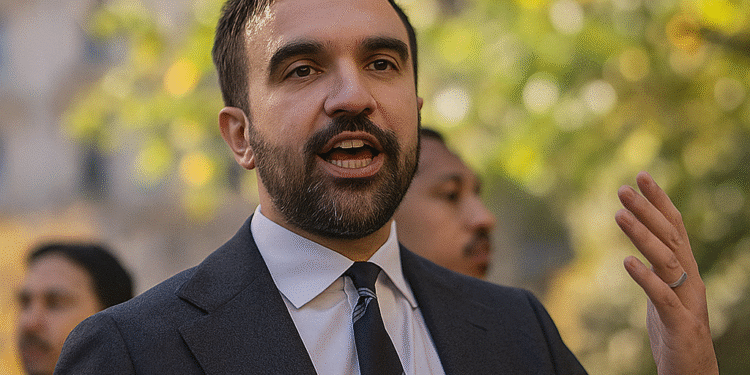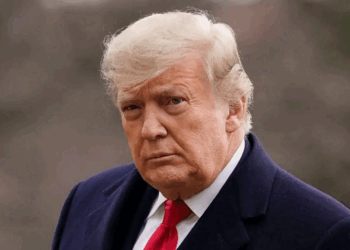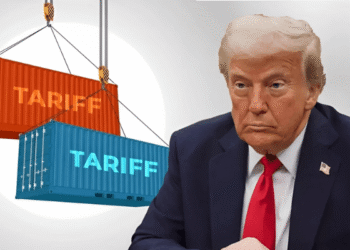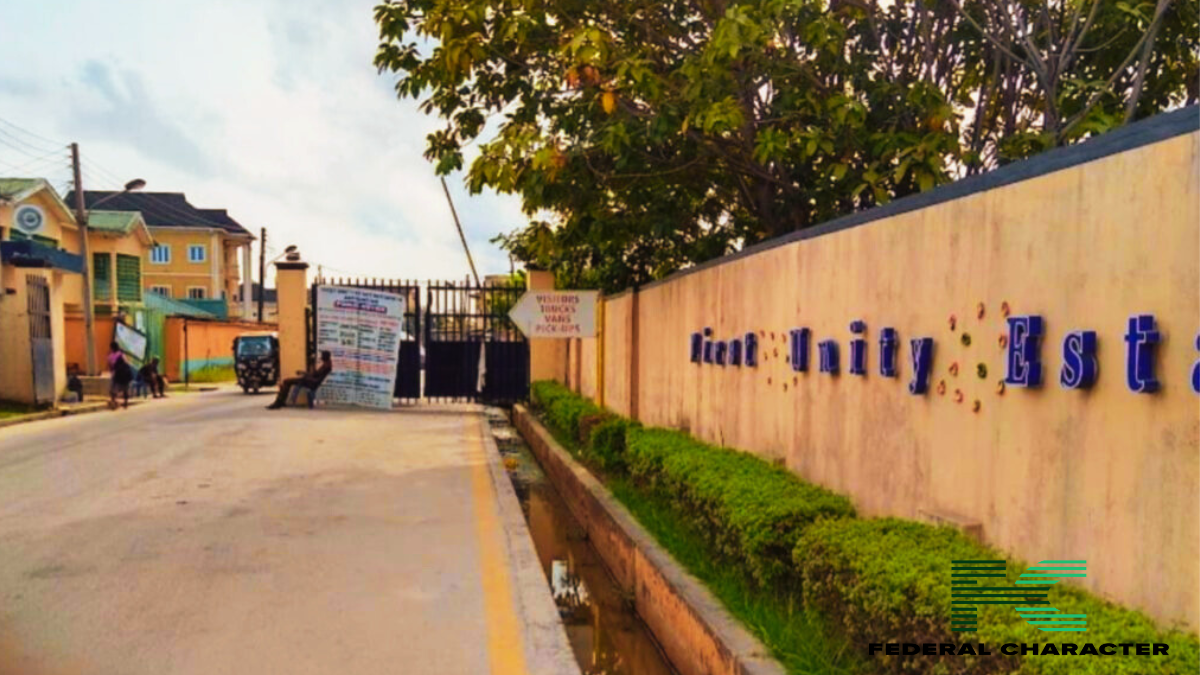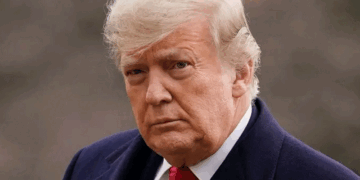The election of Zohran Mamdani as New York City’s next mayor has stirred emotions far beyond America, for many Syrians, Mamdani is not just another Western politician. He’s “our brother-in-law,” as one Syrian journalist joked online, a playful but telling reflection of how identity and religion now merge in the global political imagination.
Across parts of the Arab world, particularly in Syria, his victory is being celebrated like a family affair, quite literally. Mamdani’s wife, Rama Duwaji, is of Syrian descent, and that single fact has turned political victory into cultural symbolism.
When Identity Becomes a Political Tool
The fascination with Mamdani’s marriage to a Syrian woman shows how quickly the personal can turn political. His background, Muslim, pro-Palestinian, socialist has already been painted as a statement in itself.
His win in one of the world’s most Jewish-populated cities has ignited debate both in the West and across the Middle East.
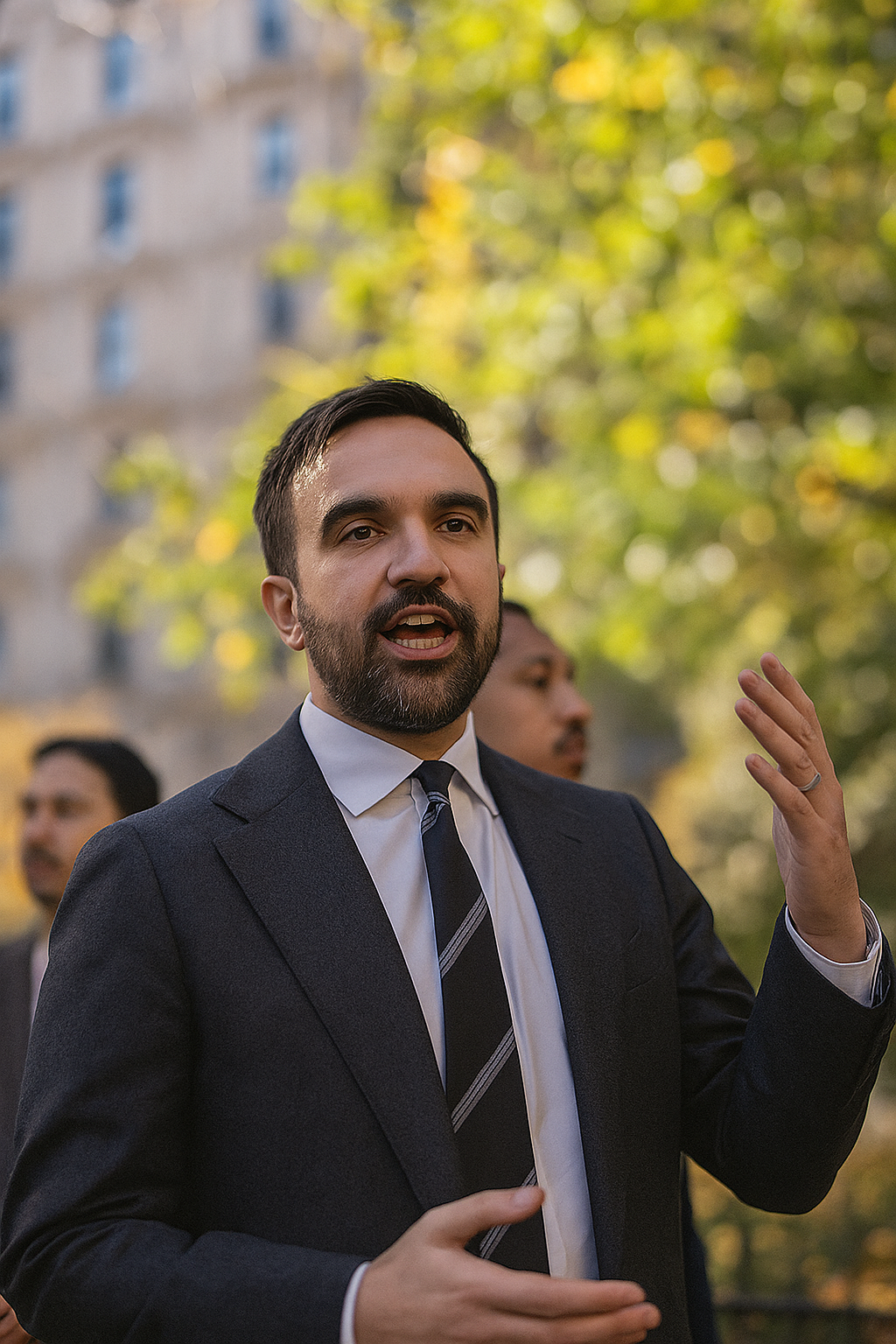
To many in Damascus, his election is proof that representation is shifting, that a Muslim immigrant’s son can lead a city once considered the symbol of American capitalism. To others, particularly in conservative American circles, it raises suspicion: Is this the beginning of an ideological turn in New York?
Some persons have gone as far as to say Mamdani’s “brother-in-law” status with Syria could mark a cultural soft power play, a bridge between Islam and the West that makes traditionalists uneasy.
A Win Wrapped in Meaning
Zohran Mamdani’s victory is a mirror of New York’s evolution. Born in Uganda to Indian parents and raised partly in South Africa, he represents a layered global identity that challenges old definitions of what leadership in America looks like.
In his campaign, he spoke fluent Arabic to New Yorkers of Middle Eastern descent, drank mint tea on camera, and made jokes about being everyone’s “brother-in-law from Damascus.” Those lines, now viral across Arab media, are being replayed not just as humour but as hope.
Syrian scholars, influencers, and clerics have praised his election. Abdel Karim Bakkar, a well-known Islamic scholar, even said Mamdani “speaks for the marginalised, the working class, and the poor.” That praise, however, also fuels deeper conversations, is this admiration cultural pride or political projection?
Faith, Politics, and New York’s Future
It’s not lost on anyone that Mamdani’s rise comes during a time of tension in U.S. politics. His open support for Palestine, combined with his Muslim background, makes him both a symbol of inclusion and a lightning rod for fear.
In a city where Jewish influence remains strong, his victory has sparked uncomfortable but necessary questions. Can a Muslim mayor maintain balance in a city with deep Jewish roots and a volatile Middle East diaspora? And are his ties symbolic or personal to the Arab world a strength or a vulnerability?
Across conservative media, whispers have begun: Is this part of a slow cultural Islamisation of American politics? It’s a question that may be exaggerated, but it captures the unease of an era where every identity is politicised.
A Global Reaction
From Damascus to Tehran to Nablus, Mamdani’s election has been met with enthusiasm. Arab media outlets have treated it as a global Muslim win, while Iranian commentators highlighted his Shiite background with quiet pride.
Social media is filled with humour, memes, and affection. “He thought he married one Syrian woman, now he’s married to the entire nation,” one user quipped. But beneath the jokes lies something deeper: a yearning for global Muslim representation, especially amid wars and Western hypocrisy.
Still, some Arab commentators are cautious. Tunisian journalist Haythem El Mekki used Mamdani’s example to highlight double standards, asking his audience if their own countries would ever allow such freedom of expression.
Symbolism or Strategy?
Whether Zohran Mamdani’s win marks genuine progress or a cultural shift depends on who you ask. In the Arab world, he’s a symbol of shared faith and pride. In America, he’s a test, a Muslim mayor navigating a city built on diversity yet divided by suspicion.
For Syria, calling him “our brother-in-law” may just be affectionate humour or may mean something deeper. The lines between religion, power, and belonging are blurring faster than anyone expected and New York, under Mamdani, might just become the newest stage for that story.

